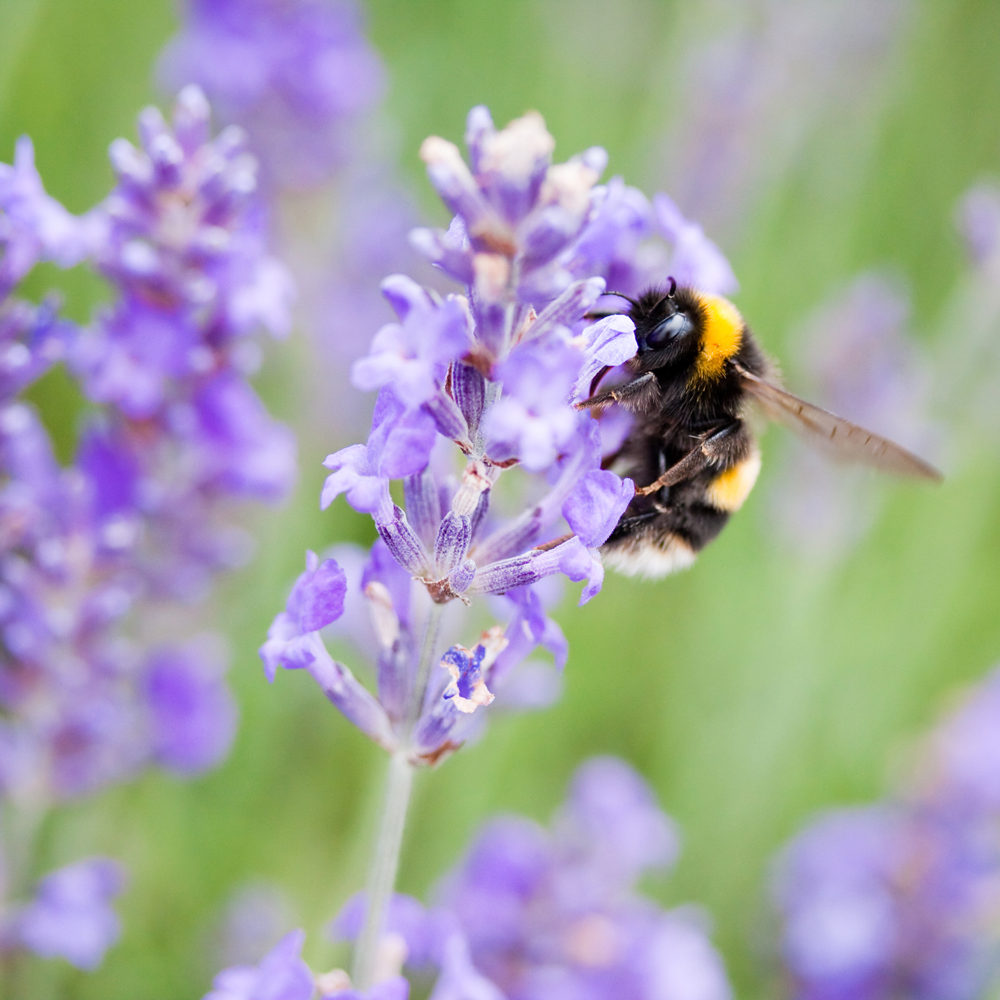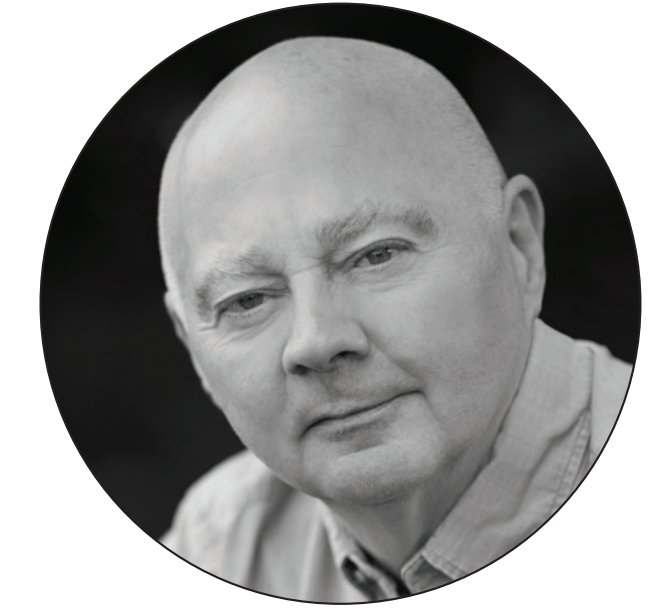Nature notes and positive ecological restoration news
Almanac: October 2020

This month both the jay and the squirrel are busy burying nuts to eat when it gets colder and food becomes more sparse. When they forget where they buried their stock, they accidentally become nature’s best tree planters.
We can do the same this season and gather seeds to grow trees for the future – growing trees from local seed is the best way to plant trees and, also, children love to go out and gather acorns.
To turn them into oaks, fill a bucket of water and drop all the collected acorns in it. If the acorns float, disregard them; if they sink, keep them. Pot the ones that sink and wait patiently for an almighty oak to grow. If successful, start a free and voluntary service: give any surplus saplings away to schools, local wildlife trusts, or landowners. One oak tree supports over 280 different species of insects and many of them are natural predators to pests.
The hedges are now seen to be dropping their leaves, but the one plant that is flowering is the honeysuckle, which assists starved bees and insects.
A moth can smell the honeysuckle flower from a quarter of a mile away. The honeysuckle is the main food source for the declining white admiral butterfly; it is therefore a worthwhile plant to have in your garden.
With the colder weather looming, worms and moles wriggle and dig deeper into the soil; one busy mole was recorded digging almost 15 metres of tunnel in one hour. This is also the time where food becomes more scarce for birds. Make sure you leave them only natural foods, do not feed them spicy or salty food, oils, or chocolates or coconuts – much of our own food diet can be deadly for birds. If you are unsure, buy food supplements from specialists.
One secret this month: if you venture into the forest at dusk the ‘King of the Forest’ (the Stag) can be heard bellowing, vocalising that Samhain (pronounced ‘Sow-in’) is soon upon us.
This is a time when we acknowledge that the season is changing and winter is around the corner: a time to relight the fire in the house, to take stock like the jays and squirrels, and best of all, to be still.
Positive ecological restoration news


Spoonbills breed successfully for the first time in three centuries
It took over a decade of dedicated conservation efforts to see the first four spoonbill chicks successfully fledge from the nest in Suffolk in over 300 years! The RSPB Havergate Island nature reserve had seen many visiting spoonbills over the years, but this is the first time that two pairs were successful.


Two beavers born in the wild in Essex for the first time since the Middle Ages
Beavers were hunted to extinction in the UK for their meat and fur by the beginning of the 16th century, but numerous reintroduction programmes have been initiated around the UK, due to their positive engineering impact on nature.


Large blue butterfly returns for first time in 150 years
The mesmerising Large Blue Butterfly is back in the Cotswolds after 150 years. No less than 750 large blue butterflies were recorded on Rodborough Common in Gloucestershire this summer. This follows years of innovative conservation work and grassland management to create the perfect habitat conditions for this endangered species. This is deemed as one of the most successful insect introductions in Britain.


Hen Harrier has best breeding year in England for 20 years
The Government Agency, Natural England, has just announced that chicks successfully fledged from nests across Northumberland, Yorkshire Dales, Cumbria and Lancashire in the best breeding season on record since a recovery project began in 2002.


Andreas Kornevall is a Swedish storyteller, writer and ecologist. He is Director of Operations for Earth Restoration Service, a charity based in the UK
A game for all that’s right up my alley
Your email address will not be published. The views expressed in the comments below are not those of Perspective. We encourage healthy debate, but racist, misogynistic, homophobic and other types of hateful comments will not be published.



